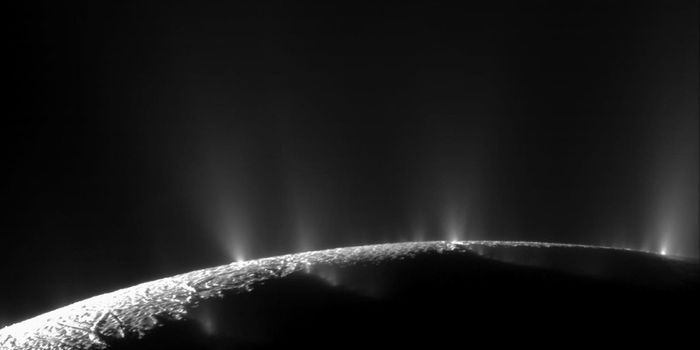New Fuel Additive Could Prevent Jet Fuel Explosions
One of the biggest fears people have of flying on planes is that they’ll crash. When you’re up several thousand feet in the air, it’s a long way down, and in certain scenarios, these can be deadly. Whether it’s the impact of falling to the ground, or the explosion that can take place from leaking fuel vapors igniting under sparks caused by friction.
Fortunately, exploding fuels may finally be tamable, helping to eliminate at least some of the fears of flying. Researchers have developed an additive that can be added to jet fuel that helps prevent it from having explosive qualities.
As described in the Journal Science, bigger, longer polymer molecules prevent the aforementioned vapors and tiny droplets that may occur from high pressure or sloshing of fuel from coming into contact with sparks during a high friction scenario. Instead, the jet fuel fluid mixture will bond together better, creating larger drops that are far less flammable than smaller ones.

Laboratory testing shows that the additive can prevent explosions that often occur from plane crashes and that the additive won’t damage critical engine components or affect performance of the engine like similar additives developed in the past have.
"Initial engine tests showed no adverse effect on performance and our hope is that these polymers will save lives in fatal crashes in aviation and ground transportation," said lead author Julia Kornfield, of the California Institute of Technology.
Of course, laboratory testing is much more controlled than testing in real life scenarios, so this is something that would need additional field testing to be considered for long-term usage.
"Above all," Kornfield says, "we hope these new polymers will save lives and minimize burns that result from post impact fuel fires.”
Crashing planes is something that NASA does extraordinarily well. Funded by the government, the agency has seemingly endless funds and has the ability to do such things for science to learn more about them. For example, the crash below shows just how detrimentally flammable jet fuel really is:

By reducing the explosive qualities of jet fuel with such an additive, it may help improve the safety of airline flights and prevent unnecessary deaths from occurring in the unlikelihood of a controlled airplane crash, such as that of an emergency landing that pilots would have to do in the event of a failed engine or damaged aircraft landing gear.
The long polymer molecules that the additive brings to the jet fuel will get broken down inside of the fuel delivery system as they move through critical components, and this is something that scientists have had trouble with while developing technology like this for years, but these scientists have found a way around that by developing a supermegamolecule, which allows the broken down chains to re-assemble under the conditions they’re in.
Below, you can watch a video showing the difference that just 0.3% of the additive makes in producing fireballs when a projectile is fired through a mist of jet fuel; the top frame shows the fuel without the additive, while the bottom frame shows the fuel with the additive:
The difference is incredible. This is something that will revolutionize the safety of air travel if it can be adopted by the masses. The scientists behind the additive hope to be able to begin mass-producing the additive as early as one year from now, and adoption should follow these timeframes assuming it can pass regulatory testing standards.
Source: Caltech








